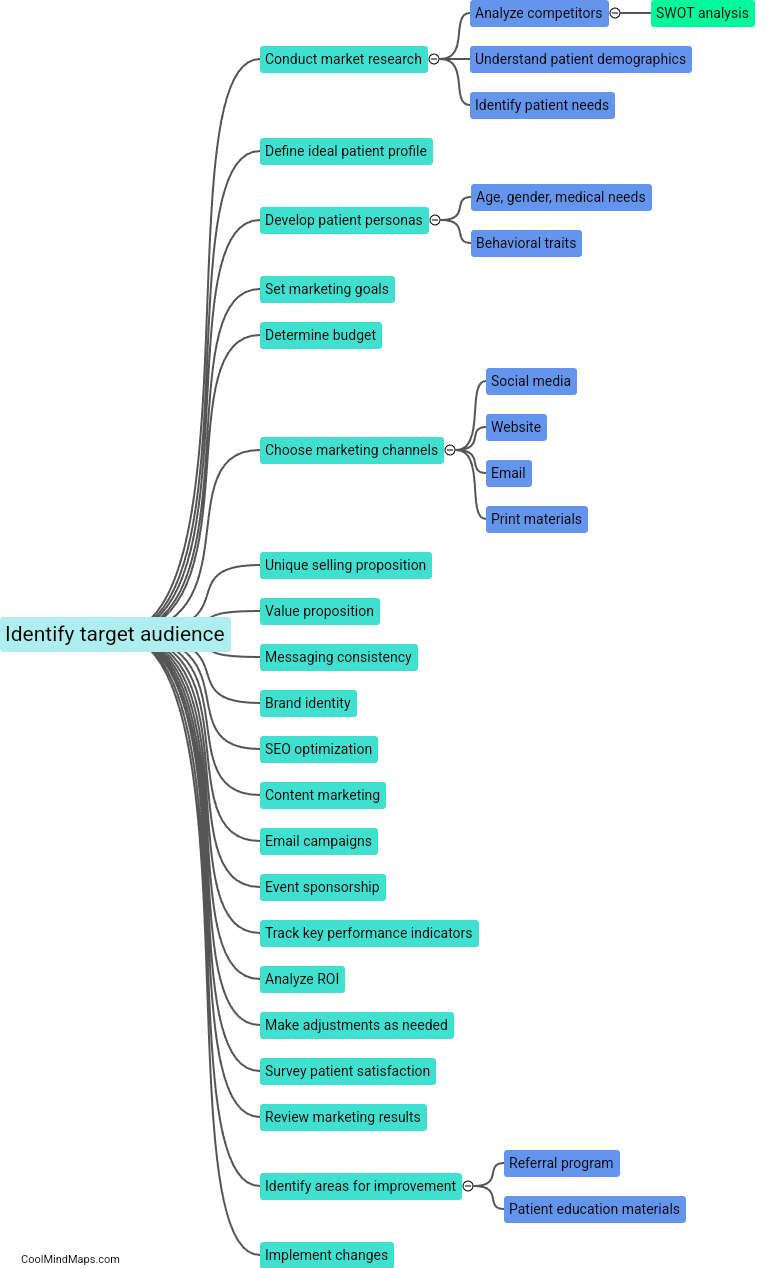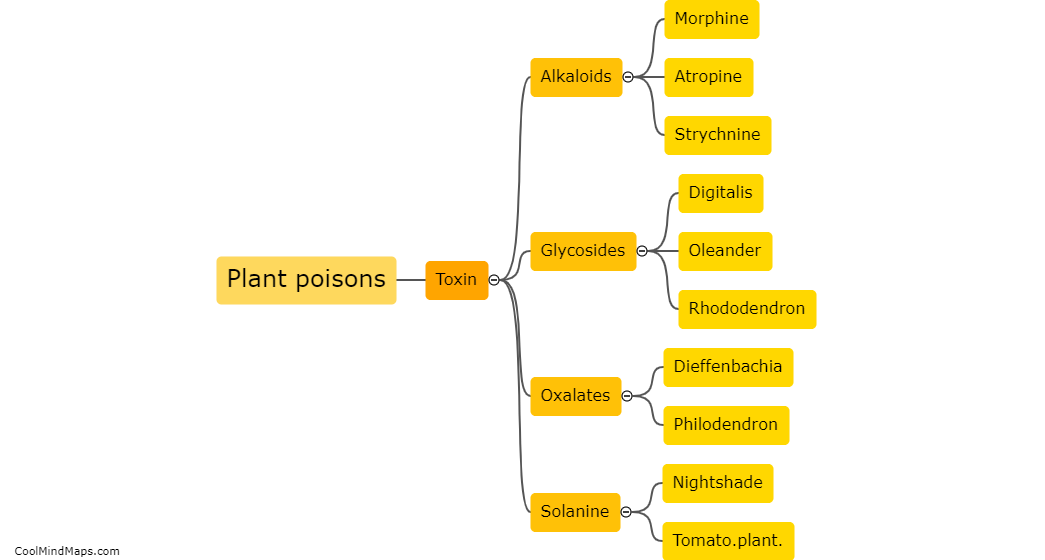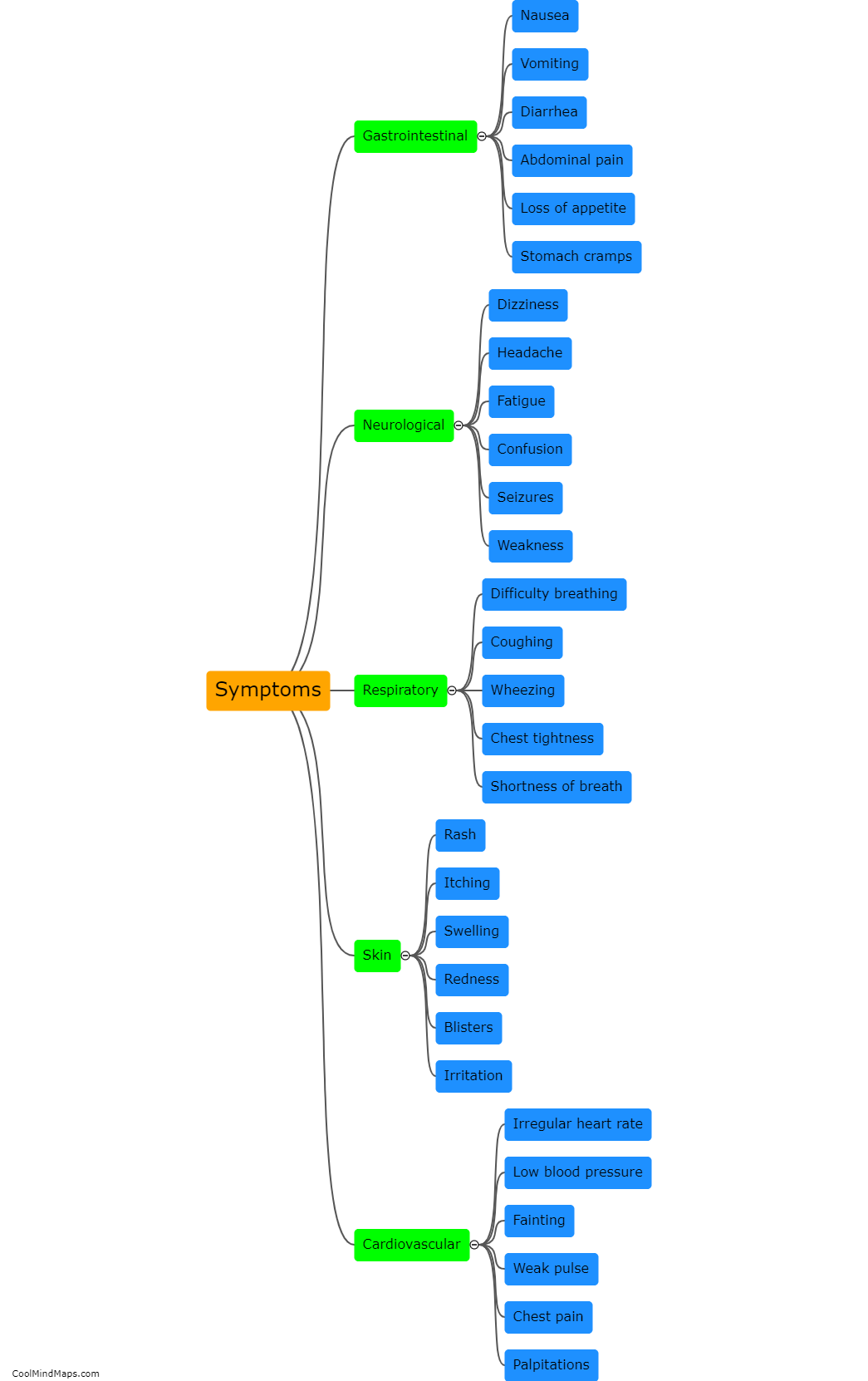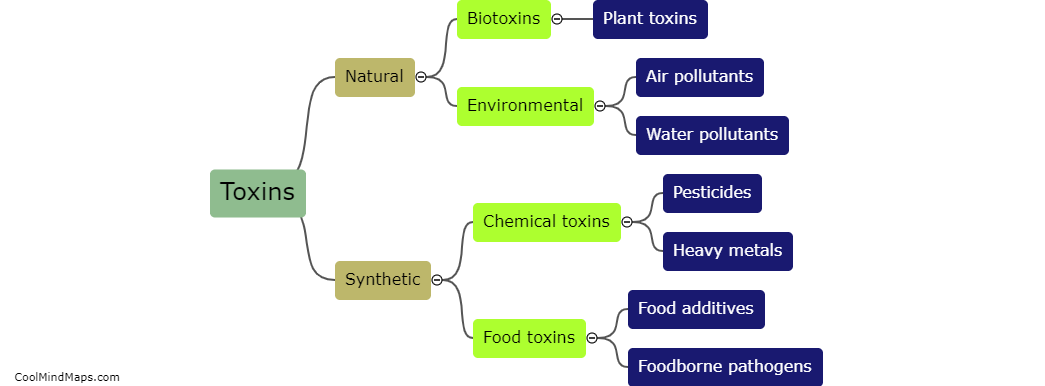How are neurotoxins produced in nature?
Neurotoxins are produced by various organisms in nature as a defense mechanism or for hunting purposes. These toxins can affect the nervous system of animals, including humans, leading to paralysis, organ failure, or other severe health issues. Many venomous animals, such as certain snakes, insects, spiders, and marine creatures, produce neurotoxins in specialized glands. These glands contain specific cells that synthesize and secrete the toxins. The neurotoxins can be derived from proteins, peptides, enzymes, or small molecules and exert their effects by interfering with critical nerve signals. Some neurotoxins can also be synthesized by bacteria or fungi, which may release these substances into their surroundings as a strategy to eliminate competitors or gain an advantage in their ecological niche. Understanding the production and properties of neurotoxins in nature is crucial for studying their impact on human health and for developing potential treatments or antidotes.
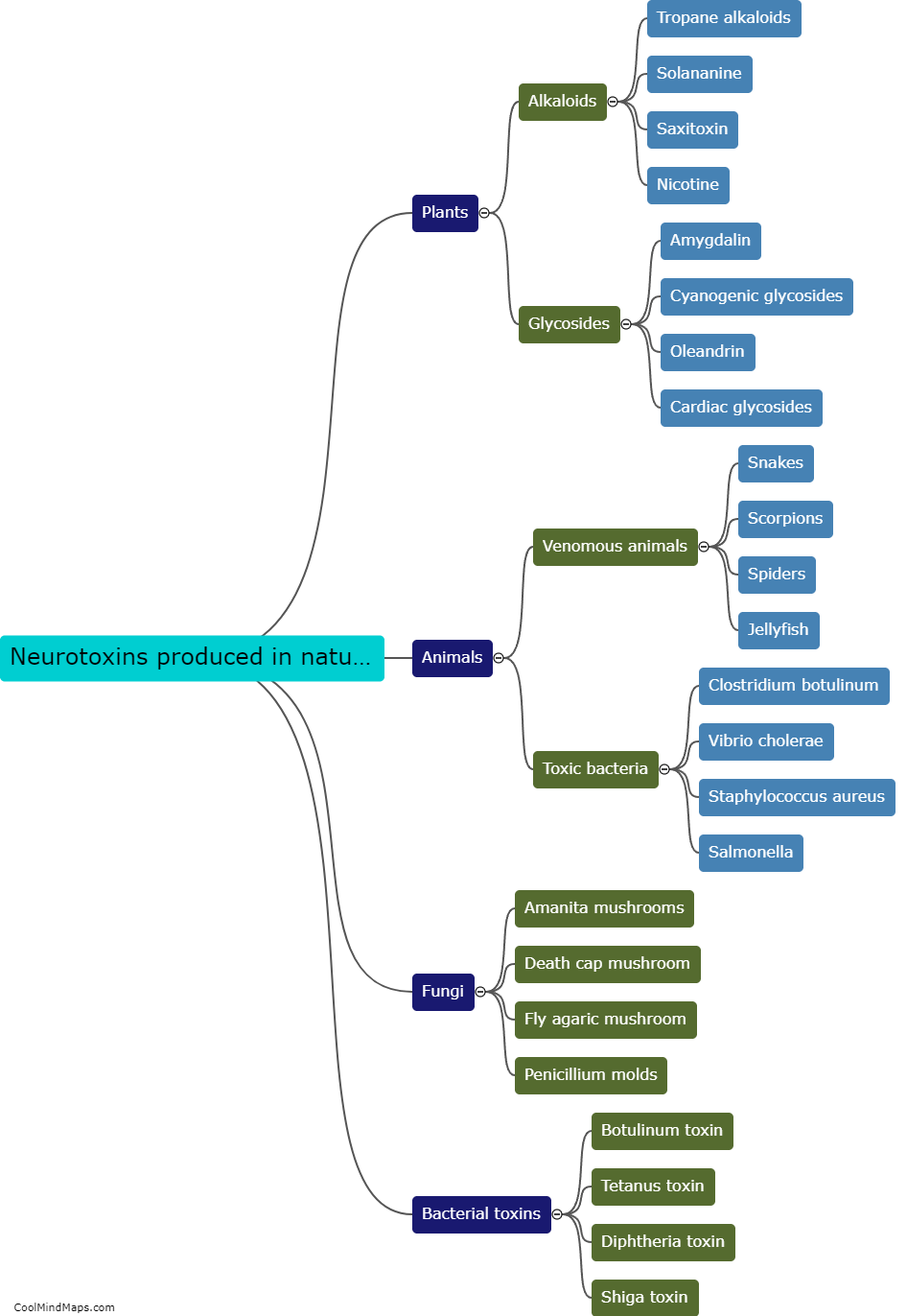
This mind map was published on 19 December 2023 and has been viewed 75 times.
